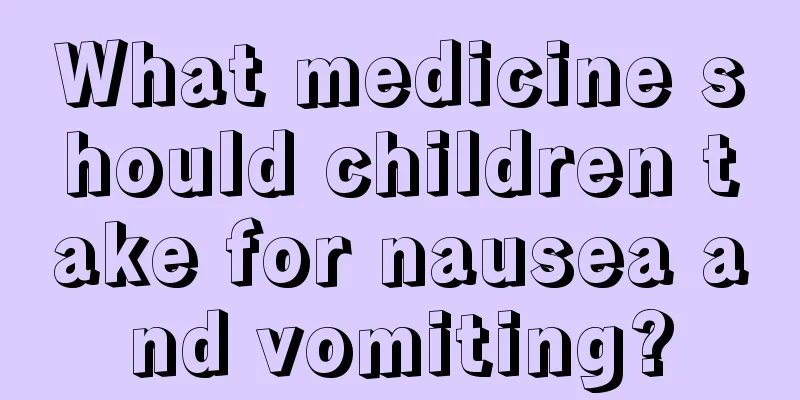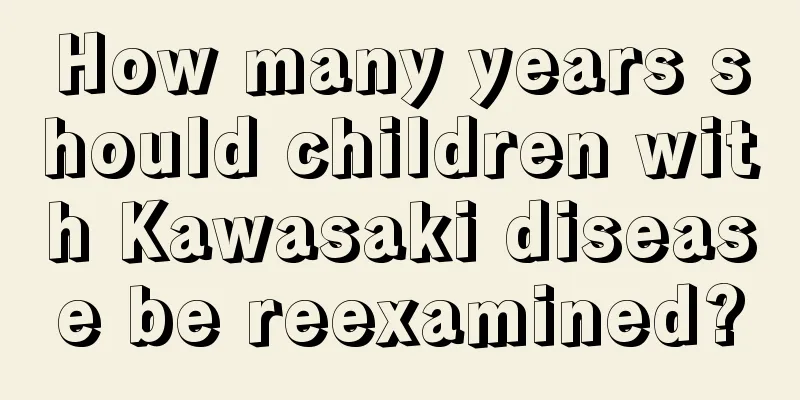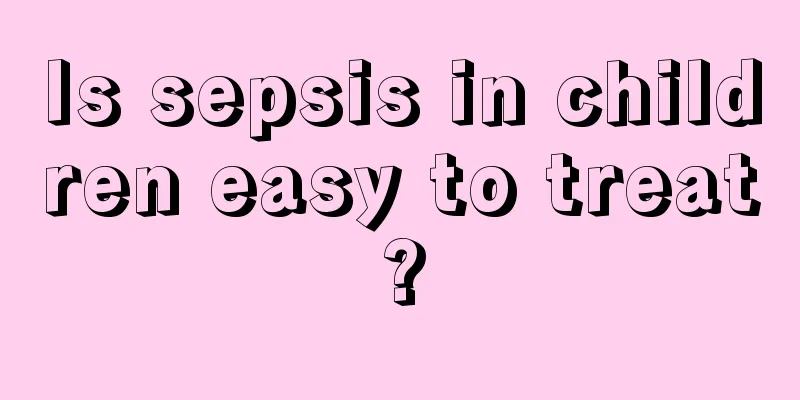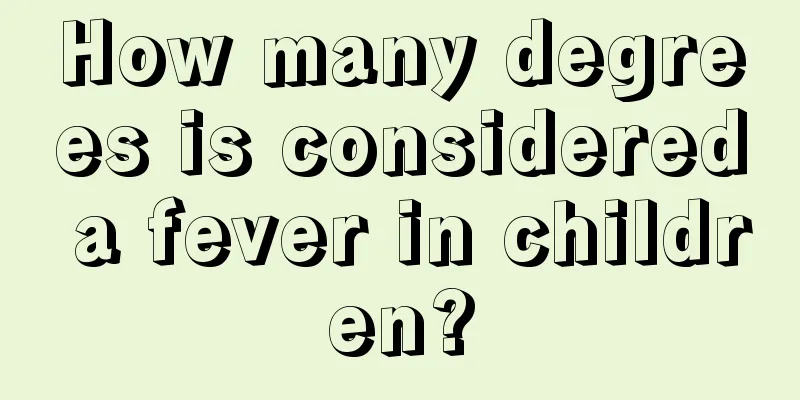The reason why children have repeated fevers for several days
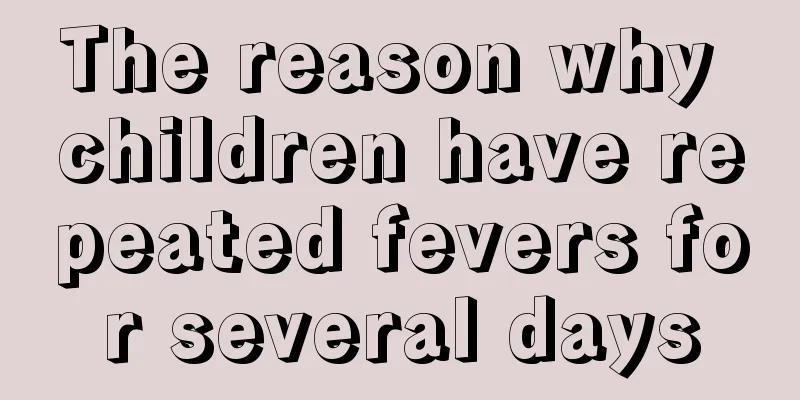
|
Every child's physical condition is different. Since children are not yet well adapted to the external environment and their immunity is poor, the most common thing that happens is that children have repeated fevers for several consecutive days. Many children will encounter this phenomenon. Parents are very worried that it will affect their children's intellectual development. Let us learn about it. From a physiological point of view, the antibodies obtained from the mother gradually disappear after 5-6 months, and the baby's own immune function is not yet mature, so it is easy to suffer from various acute diseases such as upper respiratory tract infections. But why does fever occur? Let’s first talk about the causes and mechanisms of fever. Usually, fever is caused by fever activators acting on the body, activating endogenous pyrogen-producing cells to produce and release endogenous pyrogens, which then cause an increase in body temperature through some subsequent links. Pyrogenic substances include bacteria, viruses, fungi, spirochetes, etc. and substances in the body such as antigen-antibody complexes and steroids. The temperature regulation mechanism of fever is mainly caused by the temperature regulation center shifting the temperature setting point upward. Moreover, for the body, fever is sometimes a protective mechanism that can kill some cells and foreign invading substances that are harmful to the body. However, high body temperature can also damage your own cells. Therefore, measures must be taken to prevent this kind of damage to the body, especially to important cells such as brain cells and tissues. Therefore, as long as the body temperature is at a moderately higher level than normal, it is correct to observe the baby and take appropriate measures. That means the doctor you went to see was right. The baby is now in the developmental stage, and various cells, tissues and body systems are not yet mature. We must pay attention to protection. It is necessary to cool down the high fever. The consequences of burning brain cells and tissues are very serious. As for what your mother said, it is simply poison. How can a child be compared with an adult? An adult's body's tolerance and protection capabilities are very strong, their tissues and organs are mature, and they have the ability to self-perceive and analyze responses. If your baby has a cold and a high fever and you still keep him in the quilt like an adult trying to sweat him out, that would undoubtedly be murder! The correct approach is to take measures such as cold compress on the head, alcohol bath, and blowing air to cool the body surface. First of all, parents and friends should understand that it is very dangerous for children to have repeated fevers for several consecutive days. It is also possible that brain cells will be damaged if the fever is not treated in time, which can have serious consequences. If a child has a fever, he or she must be taken to the hospital for treatment in time. |
<<: Prevention methods for newborns with excessive drooling
>>: The reason why a four-month-old baby drools a lot
Recommend
Seven-year-old girl has secretions in her underwear
If a seven-year-old girl has secretions in her un...
My 3-year-old child cannot speak clearly
Babies start to imitate their parents' speech...
Neonatal jaundice standards and treatment methods
Nowadays, the incidence rate of newborns is getti...
What to do if your child has poor comprehension ability
Many problems of children are discovered by paren...
How many months old is it good for babies to use pillows?
There are many sayings among the people about bab...
What should I do if my baby has internal heat and constipation?
The health of babies is very important, because b...
Reasons for cold sweats in children
What mothers care about most is the physical deve...
Why does my child's leg hurt?
Children will always experience physical pain dur...
Normal value of jaundice in 40-day-old baby
For 40-day-old babies, their physical fitness is ...
What is the cause of foam in the child's urine?
Some people have abnormal urine, so they need to ...
More and more children are dying from cancer. Do you know why?
There is data showing that in real life, the inci...
What should babies eat when they have stomachache?
Many mothers often encounter a situation where th...
Frequent urination in children
The physical health of children is very important...
What should I do if my baby catches a cold and has diarrhea? These are the solutions!
As we all know, young babies have very weak resis...
Is it normal for a child to lose teeth at the age of five and a half?
We all know that children will change their teeth...
